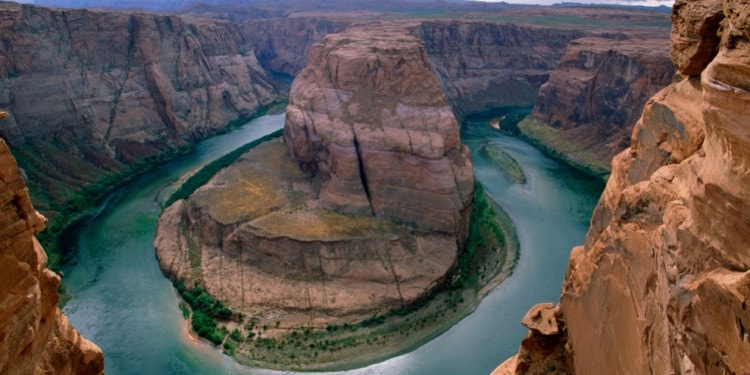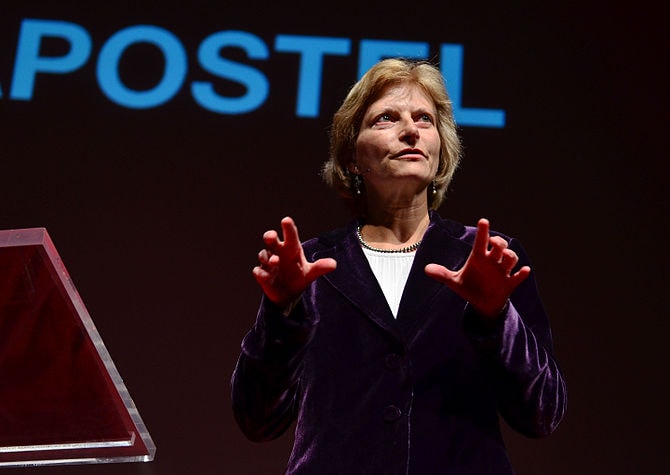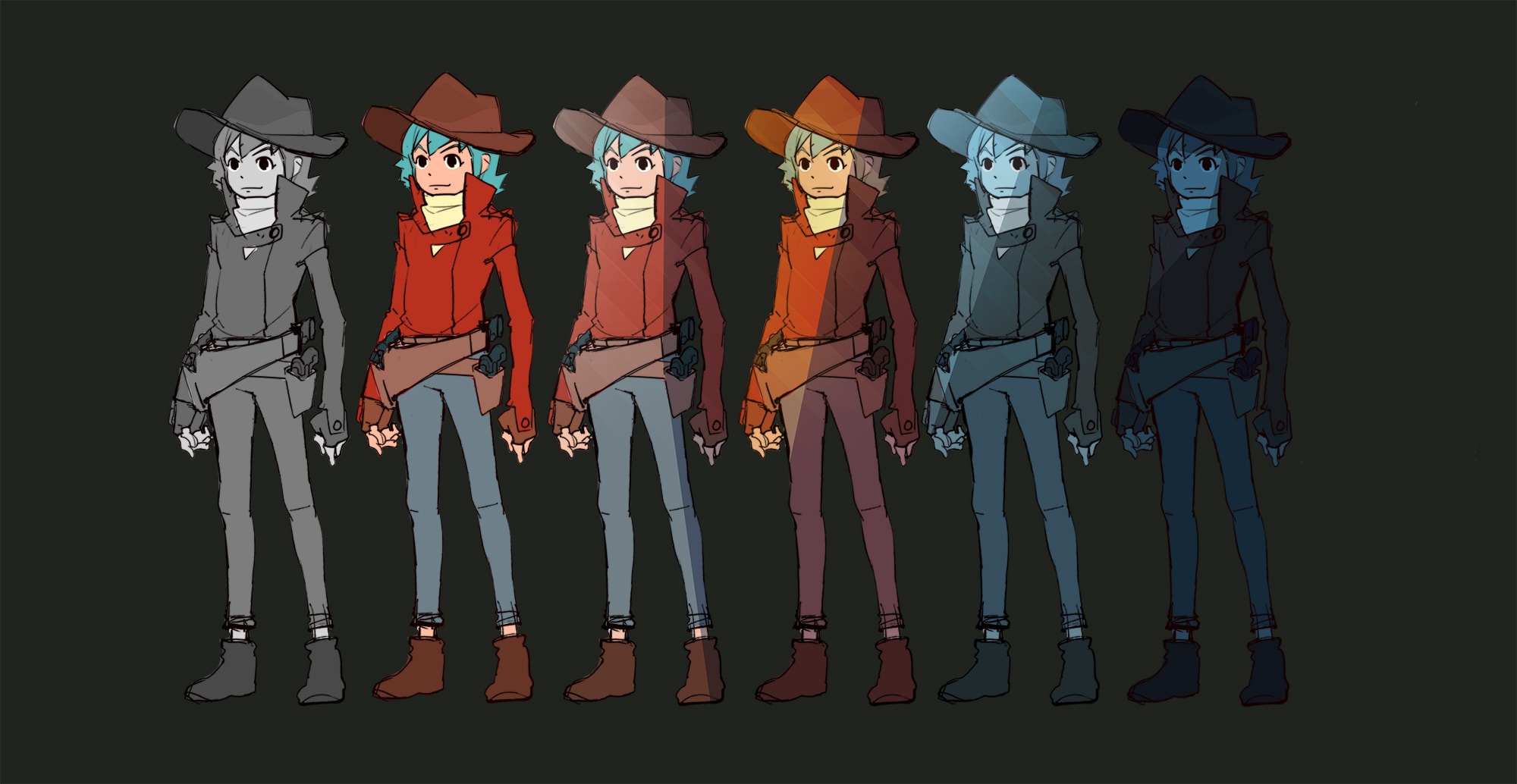In her 2010 Ted Talk, Sandra Postel succeeded in awakening my inner emotions and sensitivities when she divinely described our connection to all the water of the world beginning from something as simple as the tears we shed. These tears could have been a beetle, a bird flying high in the sky, a snake slithering through the desert, a juicy red apple. The molecules that are us could have clenched the thirst of a dinosaur, could have drawn a bath for Cleopatra, could have fallen as rain on a sleepy lion in Africa. And in order to restore our relationship with water we need to FEEL this connection, we need to FEEL this web of life that water holds together.
Ms. Postel convinced me that we are so used to looking at water as merely a resource to fulfil our everyday needs, forgetting the context in which water operates and our duty to give back to natural systems in order to sustain this web of life.
Freshwater conservationist, Director of the Global Water Policy Project, Freshwater Fellow at the National Geographic Society and Co-Creator of Change the Course, Sandra Postel has dedicated her life to promoting the preservation of fresh water. But what made me admire her more is her optimistic outlook that with no more than ingenuity, creativity and ecological intelligence we can manage to give both the natural world and the people what they need to be healthy and productive.
In the photo: Sandra Postel talks about the global issues in managing water while presenting at the TEDxMidAtlantic conference at Sidney Harman Hall in Washington DC, November 5th, 2010.
Q. You have been an active advocate of freshwater conservation for more than a decade. What is your ultimate goal?
S.P: I co-created a freshwater stewardship initiative called Change the Course that aims to change the way society uses, manages and values freshwater. The vision is to secure enough water to meet our human needs while also safeguarding the health of freshwater ecosystems. We tend to value water only when we take it out of its place in nature and put it to use on a farm, in a factory or in a home. Water has value in place, as well. For example, there’s a $26 billion/year economy in the Colorado River Basin that depends on keeping water in rivers (for fish, birds, wildlife, boating, tourism, and recreation), rather than diverting it out of rivers. It’s all about valuing and managing water to encompass all of its benefits.
………………………………………………………………………………………………………….. Related articles : “NEPAL – REACHING HIGHER TOGETHER“ article by Ertharin Cousin“THE BATTLE FOR WATER” article by Claude Forthomme
…………………………………………………………………………………………………………..
Q. Water and efficient water use are inherently controversial issues- what do you find most challenging about the awareness mission you have set out to accomplish?
S.P: There are many challenging aspects, which is partially why I love it. Raising awareness and engaging the public is challenging because there are so many issues vying for people’s attention. It’s tempting to leave water problems to the engineers to solve. But the water challenges we face today are going to require all of us to do our part to shrink humanity’s collective water footprint so there can be enough water to sustain all of life.
Q. What does water mean to you?
S.P: Life. Without water, there’s no life. Water is the planet’s greatest gift and we need to figure out how to meet our needs while sharing it with all of life. It’s important to remember, too, that water is finite. It’s easy to think water has no limits, because it falls freely from the sky. But the water cycle makes only so much available, and we need to figure out how to live within those limits.

In this photo: The serene waters of the St. Louis River in Wisconsin.
Q. How does water stimulate you?
S.P: Since I was a teenager, I felt a calling to protect the natural beauty of the Earth and the diversity of life with which we share the planet. My first job after graduate school had me working on water conservation projects and policies – and I was hooked!
Water is constantly on the move. It flows, falls, swirls, infiltrates and evaporates. It knits the whole web of life together. Water cycles through space and time, connecting us to all of life. My morning coffee might contain molecules of water the dinosaurs drank. How amazing is that?
Q. From your experience, how do challenges connected to water affect other aspects of existence?
S.P: I fear that we will lose the majority of species living in freshwater ecosystems before we take action to live in balance and harmony with those ecosystems. We dam, divert and pump water in the name of water security, while undermining the ecosystems that sustain our economies and life on the planet. That’s not a strategy for long-term security, prosperity and well-being. And in my view, it’s not an ethical strategy, because it consigns so many other creatures to extinction.
Q. In your view, what should be our number one priority in regards to our planet right now?
S.P: Building true water security – which means meeting human needs while also protecting the health of freshwater ecosystems especially in the face of climate change. There is enough water, we just need to get much smarter about how we use and manage it. And of course we need to share it with each other and with nature. Our economy is a subset of earth’s biosphere, not the other way around. Humanity has already exceeded the carrying capacity of the Earth, so we do need to pull back. But the good news is that we don’t need endless growth of money and material things to live happy, healthy, satisfying lives. And certainly technology can help us reduce, re-use and recycle materials and water so that we each consume far less.

In this photo: Much of the Colorado River Delta is now covered by dry, salty, cracked earth, instead of wetlands.
Q. Many companies tend toward the privatisation of water. Do you agree with this strategy? Why?
S.P: Water is so much more than a commodity – it is the basis of life. Governments need to serve as custodians of the public trust in water. It’s fine to enlist private entities to help manage water – fix the leaks, build the treatment plants, install water-efficient plumbing, and so on – but private entities should not own the water. As the basis of life, water is a public good.
Q. Could water issues generate conflicts between states and potentially lead to a war?
S.P: I don’t think so. Global water shortages will be dealt with primarily through trade (especially of food) and land grabs (many of which are water grabs). That’s not to say there won’t be local or regional tensions over water; there will be. Indeed, there already are. We may see more efforts in politically unstable regions to take control of dams, as we have seen in recent years in the Middle East. But a war over water is highly unlikely. That said, water shortages will likely still be very de-stabilizing. Watch for these linkages: rising temperatures lead to more severe droughts, which lead to water shortages, which lead to rising food prices, which lead to civil unrest, which lead to social and political instability. That’s the trend to watch and work to prevent.
***
More from Yolanda Zoma on Thingser.com









